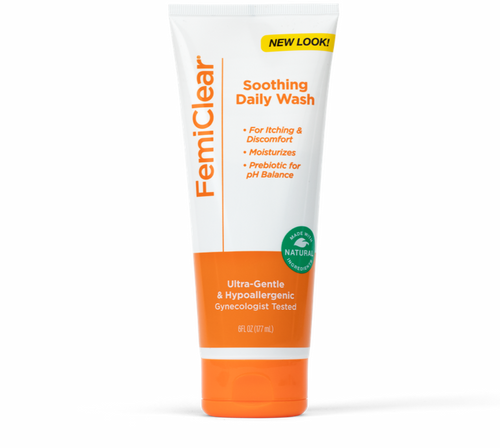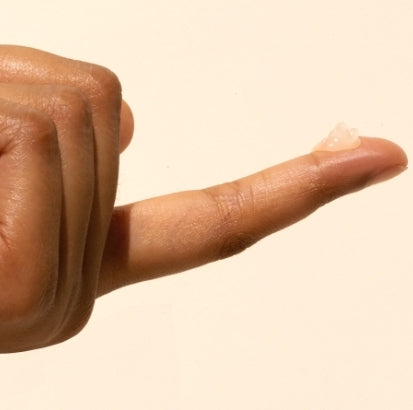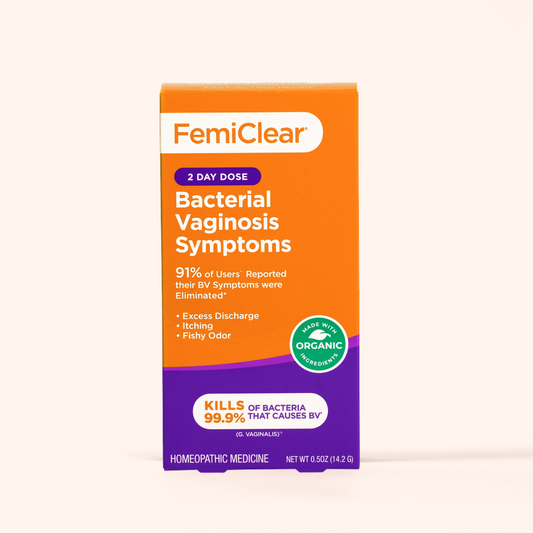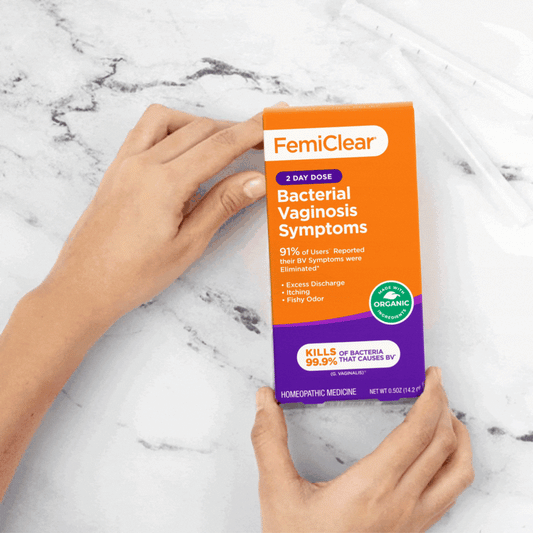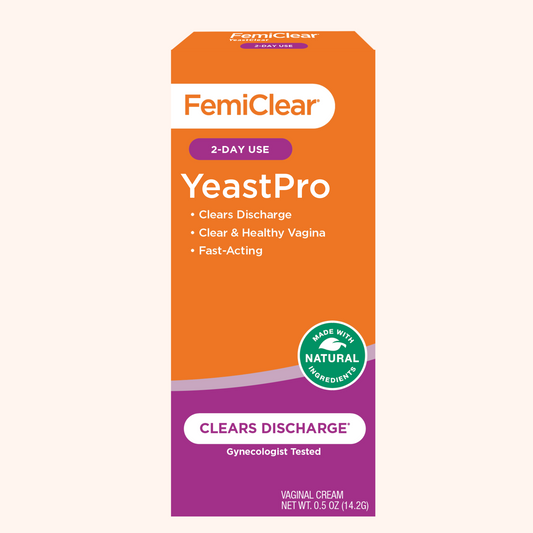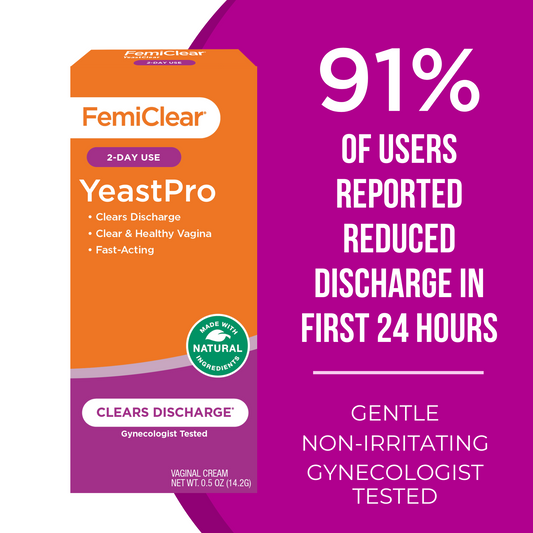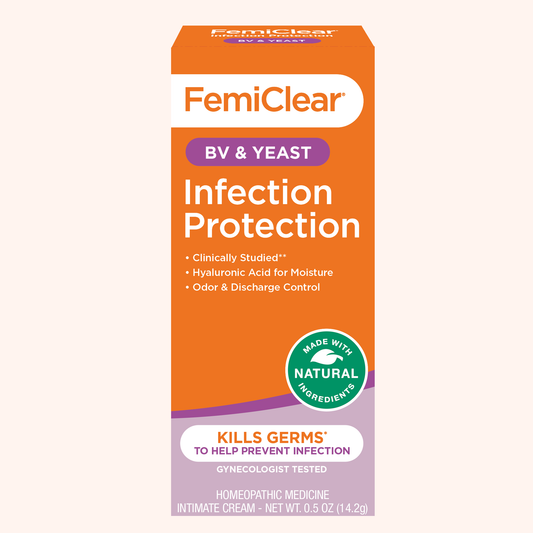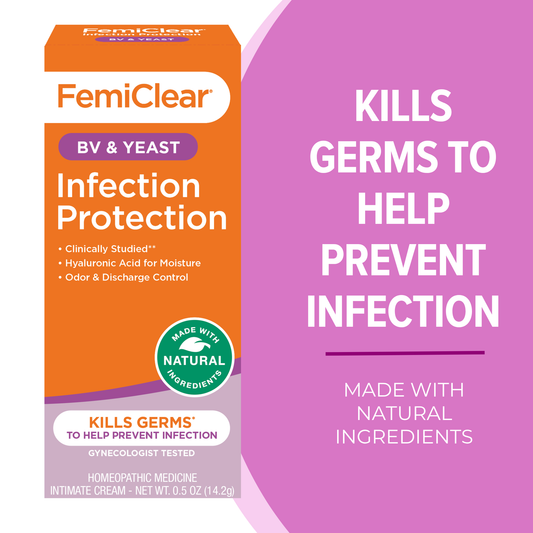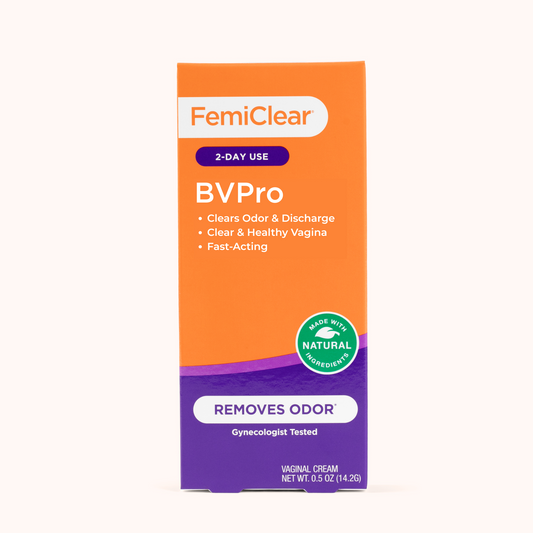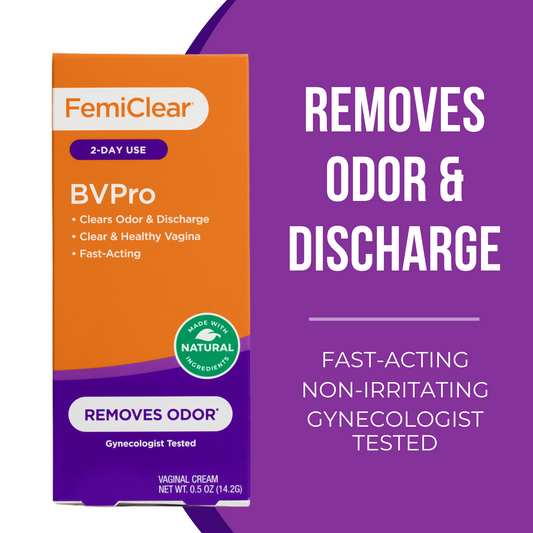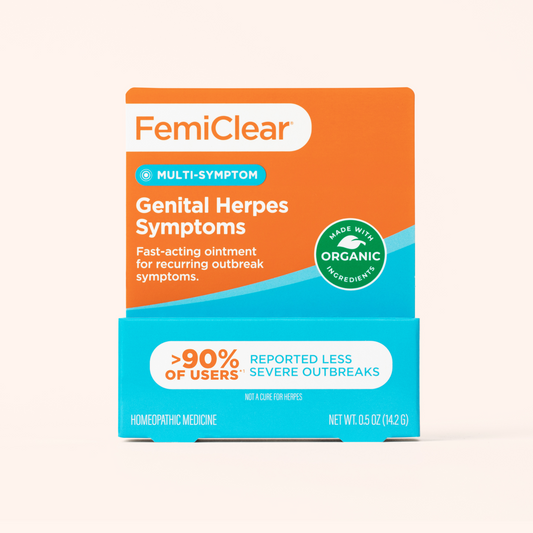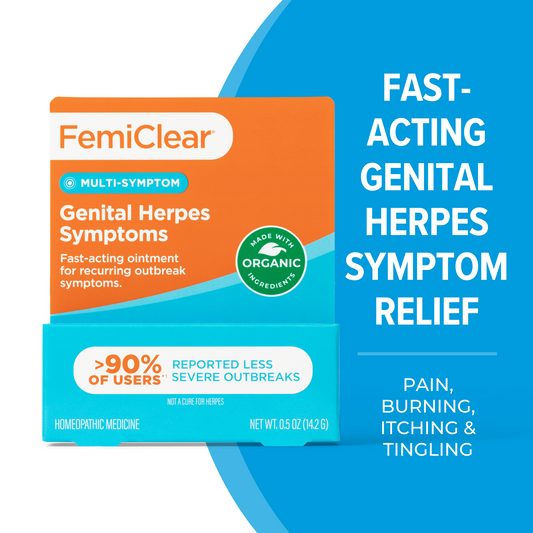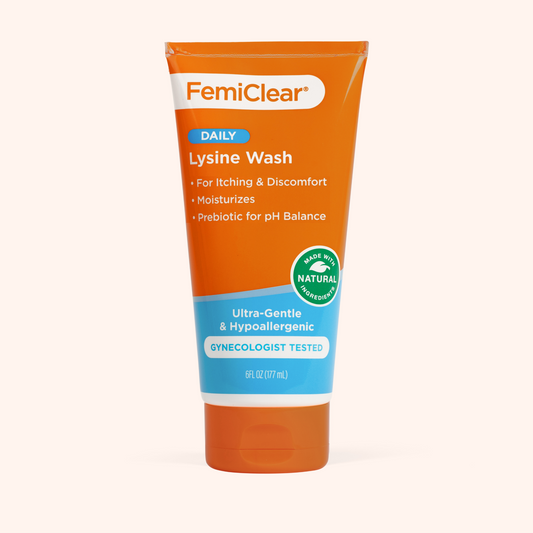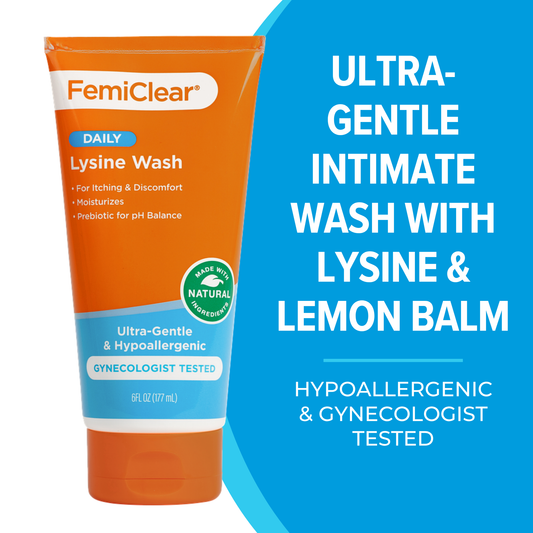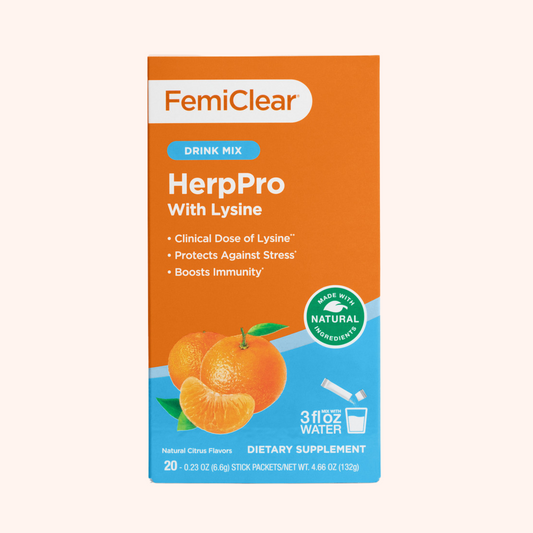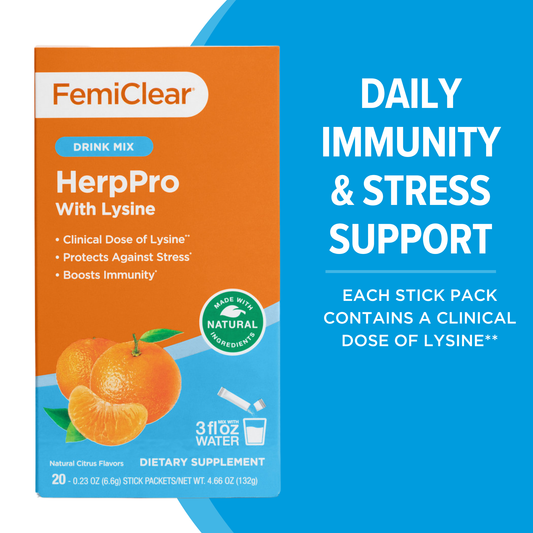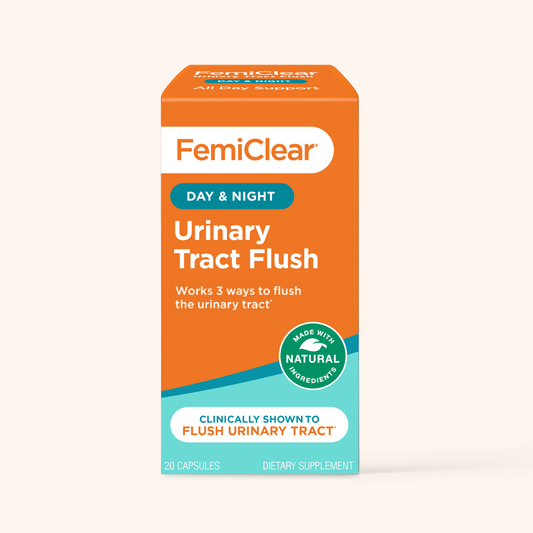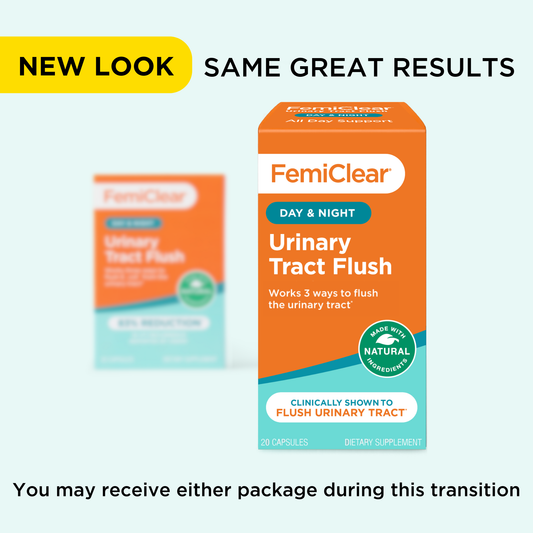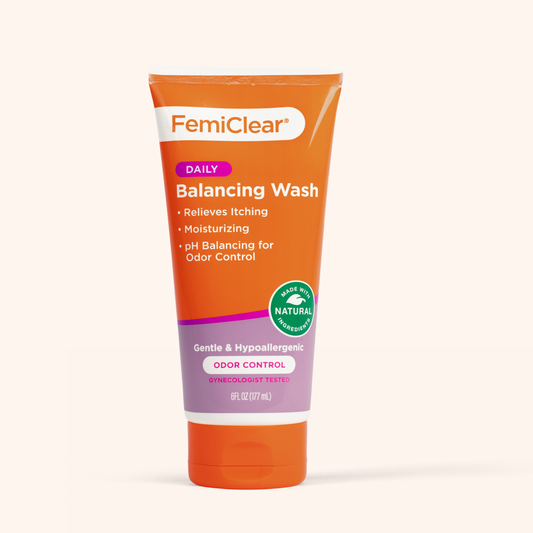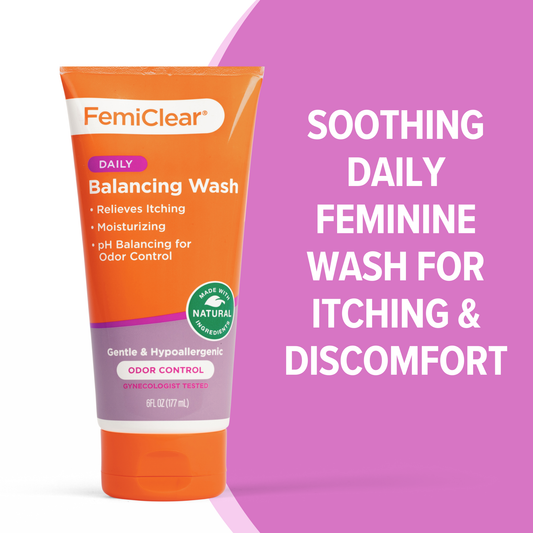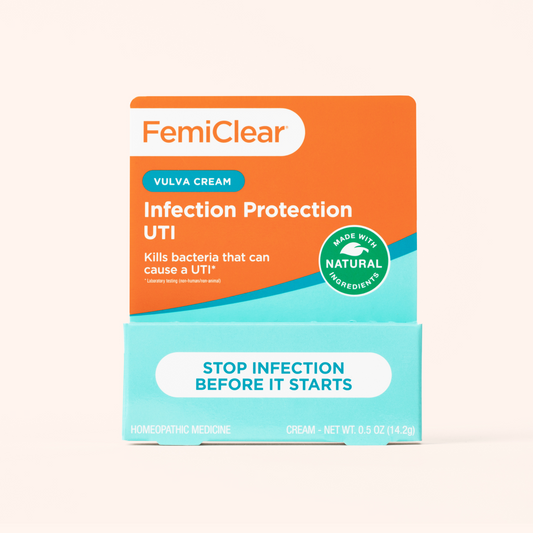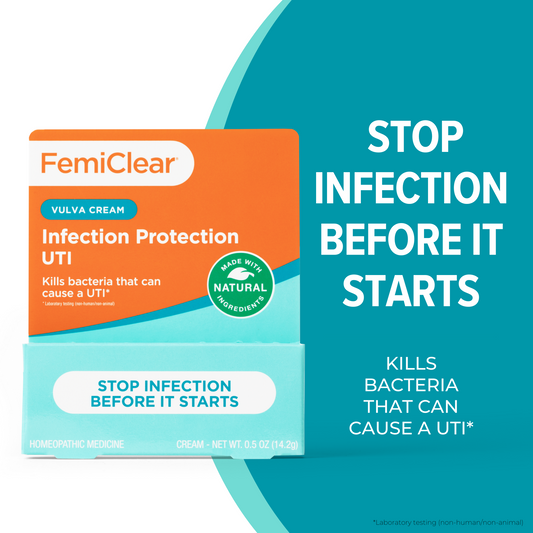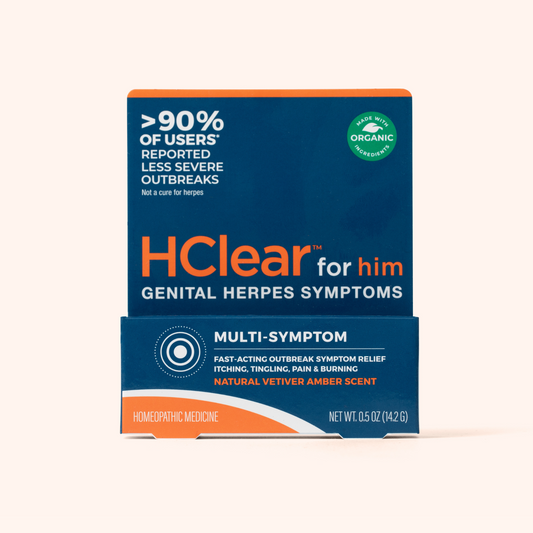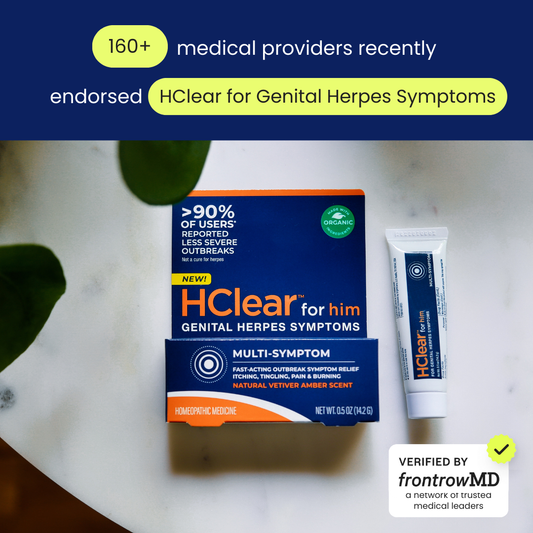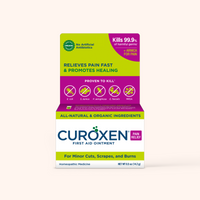Table of Contents
Vaginal Hygiene Do’s and Don'ts
Written by Jordan Liffengren Oct 30, 2023
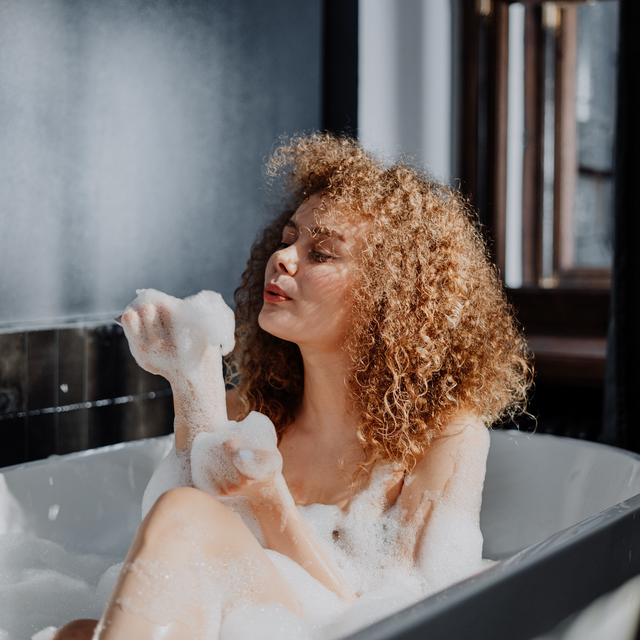
Maintaining vaginal health and wellness is simpler than you might think! Proper care begins with understanding your own body, being aware of what's normal for you, and seeking medical advice when something just feels “off.”
Let’s start with the vulva. Surprisingly, many people are unsure about the difference between the vulva and the vagina, two distinct regions of female genitalia.
Understanding the Basics
- Vulva: This refers to the external female genitalia, covering the pubic mound, clitoris, labia, the entrance to the vagina, and the urinary opening.
- Vagina: This internal structure connects the vulva to the cervix and uterus. It facilitates menstruation and childbirth.
With these distinctions clear, let's get into some best practices for maintaining optimal vaginal health.
Adopt A Daily Cleansing Routine
- Rinse the vulvovaginal region daily using warm water. Mild washes are appropriate as well. Our favorite is FemiClear’s Soothing Feminine Wash, a gentle daily option that helps balance your pH and support your overall vaginal health. It’s even gynecologist-tested and hypoallergenic, so it will provide freshness while soothing irritation down there.
- Refrain from washing inside the vagina. It self-cleans with its discharge.
- Scented soaps, scrubs, and douching can disrupt the natural pH balance. Your vagina naturally has a unique scent, and if you notice any drastic changes in odor accompanied by discomfort, consult your OB-GYN.
- After using the restroom, wipe from front to back to prevent bacterial transfer.
Practice Safe Intimacy
- Be cautious about the ingredients in lubricants. Some may contain elements that disrupt pH levels. Check condom ingredients as well.
- Transitioning between anal and vaginal sex? Use a fresh condom each time to prevent bacterial transfer.
- Post-coitus, urinate to prevent UTIs and clean the vulva area with warm water.
- If you are prone to recurrent UTIs, FemiClear’s Infection Protection UTI Vulva Cream is a powerful line of defense against them. Just apply it to your vulva after sex to kill bacteria and help stop it from entering your urinary tract.
Be The Best Dressed
- Opt for breathable fabrics. Moisture can lead to bacterial growth, possibly causing yeast infections.
- Cotton underwear is preferable as it doesn’t trap moisture, reducing odor-causing bacteria.
- After physical activities, change your clothes. Similarly, don't stay in a wet swimsuit for prolonged periods.
- If you experience heavy discharge, consider changing your underwear more frequently. Letting your downstairs breathe at night is also beneficial.
- If you are prone to BV or yeast infections, consider FemiClear’s Infection Protection BV & Yeast Vaginal Cream. This handy product helps to protect sensitive areas from the bacteria and yeast that cause these vaginal infections.
Pubic Hair: To Shave or Not to Shave?
- Pubic hair acts as a protective barrier against bacteria. Whether to trim, shave, or leave it natural is a personal choice. Shaving can sometimes cause irritation or introduce bacteria, so always be careful to make the best choice for your unique V.
Additional Hygiene Tips
- Steer clear of scented feminine products! These can cause irritation and allergic reactions.
- Change tampons, pads, and liners multiple times a day during menstruation, usually about every 3-4 hours.
- Probiotics can help in preventing yeast infections and regulating your vaginal pH.
- Stay hydrated!
- Schedule annual OB-GYN visits and seek medical attention if you have concerns.
Remember, each person's body is unique! Understand yours, prioritize your health, and seek medical advice anytime something doesn’t quite feel right. You know your body best and you are your best advocate! Curious about other vaginal health topics? Check out the FemiClear blog!
Written by Jordan Liffengren Oct 30, 2023

Soothing Feminine Wash
Daily relief from vaginal itching and irritation
Learn More